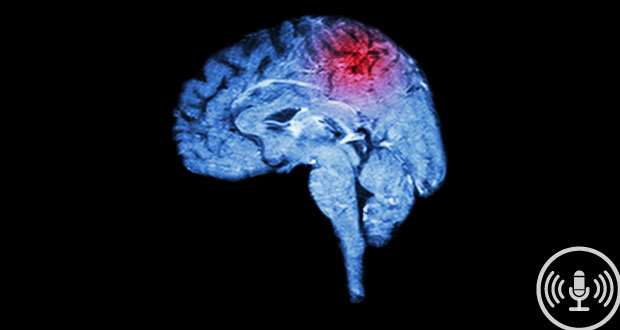Common stroke therapy may help with aphasia

Electrical stimulation therapy may benefit people experiencing aphasia following a stroke, recent research has found.
The University of Queensland worked with the Department of Neurology at the Charité University Hospital in Berlin, Germany, to test the benefits of transcranial direct current stimulation on stroke patients with aphasia, which is a condition that affects an individual’s ability to speak, read, write and understand what others are saying.
The team tested the therapy by comparing the language ability and everyday communications skills of two groups of stroke patients with aphasia.
Associate professor Marcus Meinzer, from the UQ Centre for Clinical Research, said: “The first group received language therapy combined with transcranial direct current stimulation, while the second group received language therapy alone.”
The study, published in Brain: A Journal of Neurology, showed that transcranial direct current stimulation could provide significant and lasting benefits for patients with chronic aphasia, Meinzer said.
He said the stimulation therapy was non-invasive and painless, and used a constant low current delivered to the brain via electrodes on the scalp.
Meinzer added the approach may help a significant portion of patients with aphasia to further improve their language even months or years after having a stroke.
Email: [email protected]




